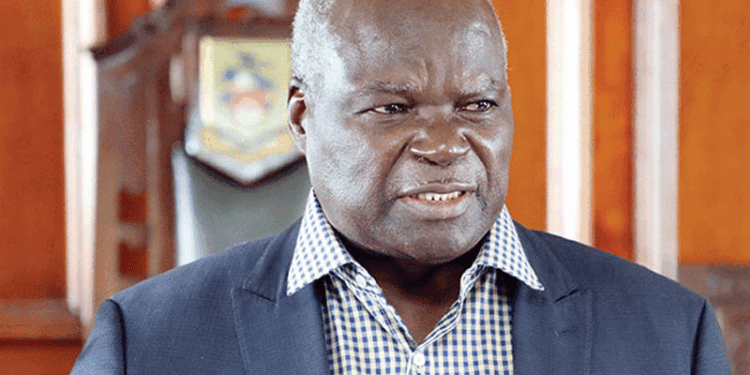THE Zimbabwe Confederation of Public Sector Trade Unions (ZCPSTU) has pleaded with Public Service minister July Moyo to convene an urgent National Joint Negotiating Council (NJNC) meeting to address civil servants demands for better salaries. The NJNC, a collaborative platform bringing together government representatives and public sector unions, serves as a forum to explore viable solutions to address State workers’ concerns.
In a letter addressed to Moyo, acting ZCPSTU president Goodwill Taderera said civil servants were wallowing in poverty and failing to make ends meet.
Taderera highlighted the unsustainable conditions endured by the public workers due to the continuous erosion of their salaries amid relentless economic pressures wrought by the country’s free-falling local currency which has pushed up the cost of living, driving many workers in the public and private sector into poverty, amid growing calls for redollarisation.
“The situation is no longer sustainable, as many of these devoted public servants are struggling to meet even the most basic of needs due to the erosion of their salary values in the face of continuous economic pressures,” he said.
“The noble calling of public service should neither be a silent promise of hardship nor a path to poverty, yet many civil service workers are now submerged in financial distress, finding it challenging to uphold their roles and provide for their families.
“A motivated civil service is the backbone of efficient and effective public administration. Their welfare is directly correlated with the welfare of the nation.”
Moyo was not reachable for comments despite repeated efforts to contact him.
ZCPSTU’s urgent call comes amid growing discontent among civil service workers who have faced prolonged financial hardship exacerbated by economic challenges in Zimbabwe.
Civil servants are demanding US$800 for the least paid employee up from US$540 they used to earn pre-2018 when the economy was still dollarised.
President Emmerson Mnangagwa re-introduced the local currency in 2019 after a decade of dollarisation.
Latest figures from Zimbabwe National Statistics Agency indicate that the Zimbabwean economy was edging closer to complete dollarisation as most transactions are being carried out using the greenback.
Source Newsday










